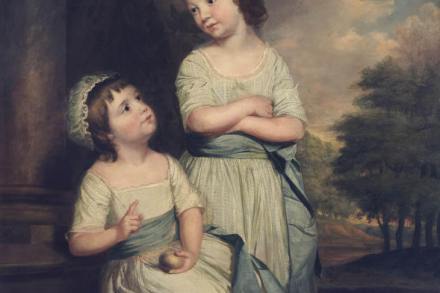Out of place
Since pluralism in the arts became the order of the day, categories have been bursting at the seams, and the old definitions have lost validity. No longer does visual art denote painting, sculpture, printmaking and drawing, but all manner of extraneous and tangentially linked activities as well. Film, installation and performance are crammed in under the same umbrella as Michelangelo, Dürer and Monet, when it’s painfully clear they have almost nothing in common with such illustrious forerunners. In fact, it’s extremely doubtful whether much of the stuff that currently parades under the banner of art has any justification for being there. Quite obviously, all film and photographic work should be













